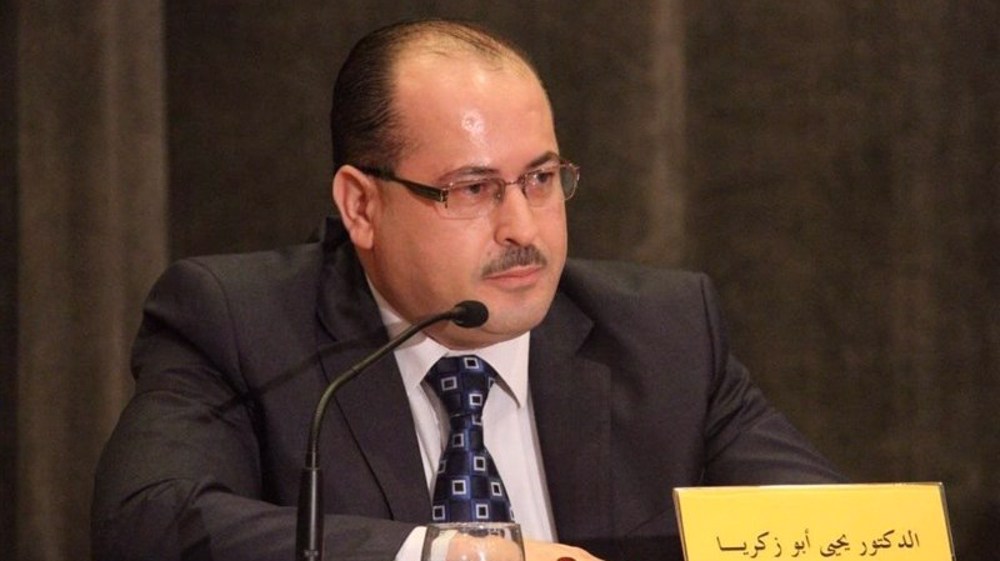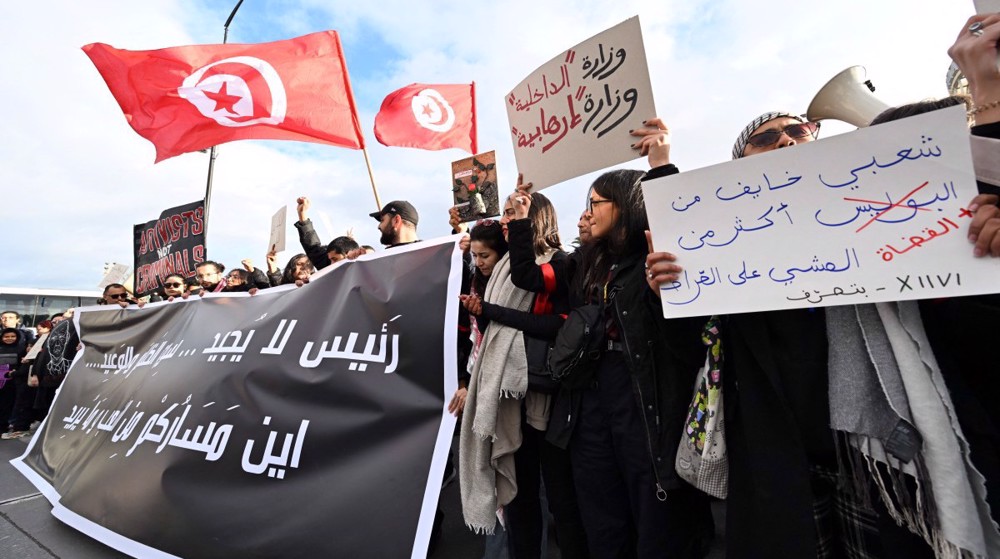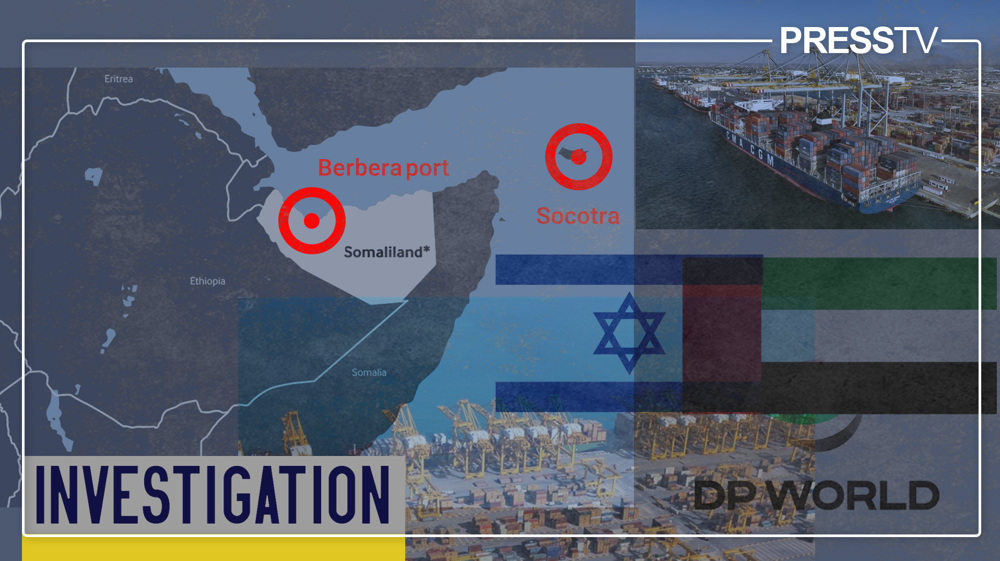Tunisian president extends state of emergency for another month
Tunisia’s President Beji Caid Essebsi has extended for yet another month a nationwide state of emergency imposed following a deadly bomb explosion in November last year.
“After consulting with the prime minister and the speaker of the parliament on security issues, the situation at the borders and in the region as a whole, the president of the republic has decided once again to declare a state of emergency for a month, starting from February 22, 2016,” read a Sunday statement on the Tunisian presidency’s official Facebook page.
The state of emergency empowers the officials to prohibit strikes and gatherings that might fuel unrest. It also permits the authorities to close entertainment venues and censor the press.
The state of emergency was originally imposed on November 24 last year after a bomb attack on a bus carrying presidential guards left 12 people dead and 16 others injured in the capital city of Tunis. The Takfiri Daesh terrorist group claimed responsibility for the raid.
Following the attack, Essebsi said Tunis was at “war against terrorism.” He extended the state of emergency for two months in December 2015.
Tunisia also imposed a curfew in the capital after the bombing and shut the border with Libya, where investigators believe the November attack was planned. The curfew was lifted and the border was reopened in December.
Tunisia has been plagued by violence since the 2011 uprising, which ousted former dictator Zine El Abidine Ben Ali, who had been in power for over two decades.
The November bus explosion was the third attack claimed by Daesh in Tunisia last year. Two earlier attacks in the North African country targeted the National Bardo Museum in March and a resort hotel in the city of Sousse in June, killing a total of 60 people, all but one foreign tourists.
Discover Iran: Ashuradeh, Iran's only Caspian Sea island and sanctuary for birds, wildlife
VIDEO | Top documentarians gather for 19th Cinema Verite in Tehran
Press TV's news headlines
VIDEO | Karachi hosts Iran trade exhibition to boost economic ties
VIDEO | 'War with Damascus inevitable': Syrians slam Israeli minister’s war statement
‘Get out, thief. Your mask has fallen’: Maduro denounces US for targeting Venezuela’s oil
UN rapporteur calls on Israel, key allies to cover cost of rebuilding Gaza
US lawmakers release more photos from Epstein estate featuring high-profile figures, including Trump















 This makes it easy to access the Press TV website
This makes it easy to access the Press TV website